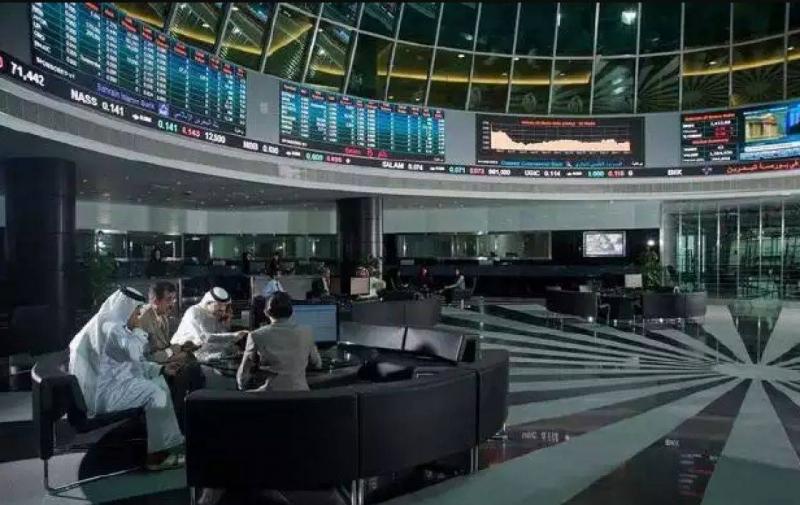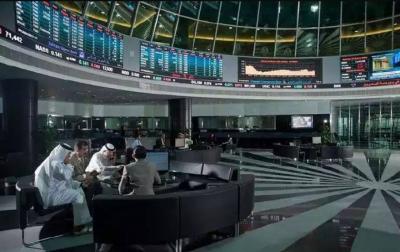Most Gulf stock markets fell on Tuesday, influenced by declining Asian stocks and fluctuating energy prices, as the standoff over the U.S. debt ceiling dampened investor appetite for risk, despite an increase in the Abu Dhabi index led by shares of Burjeel Healthcare. Oil prices, a key driver for Gulf financial markets, dropped due to investor concerns about the risks of a U.S. debt default. Brent crude fell by 26 cents or 0.3% to $75.73 per barrel by 08:07 GMT.
The Saudi index decreased by 0.1%, marking its third consecutive session of decline, impacted by the financial sector. Shares of Al Rajhi Bank, the second-largest bank in the kingdom by assets, and Riyad Bank dropped by 0.3% and 0.4% respectively. Shares of Saudi Aramco fell by 0.2%. The stock of Abdul Mohsen Al Hokair Group for Tourism and Development plunged by more than 4% after quarterly losses increased to 34.34 million riyals ($9.16 million), while revenues from almost all sectors declined.
In Dubai, the main index fell by 0.3%, influenced by declines in the real estate and financial sectors. Shares of Emaar Properties and Dubai Islamic Bank lost more than 1%. The Qatari index also dipped by 0.1% due to the decline in financial stocks, with shares of Qatar Islamic Bank and Qatar National Bank falling by 0.7% and 0.2%, respectively. However, the Abu Dhabi index bucked the trend, rising by 0.2% and achieving gains for the second session, thanks to a 2.7% jump in Burjeel Holding shares after announcing the launch of the Advanced Institute for Women's Health.




